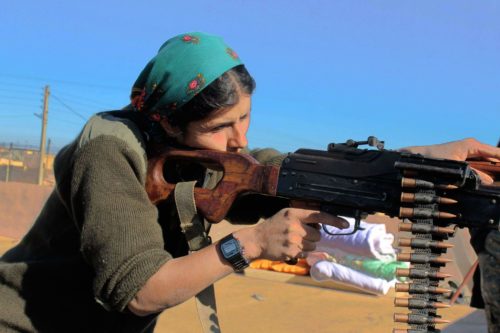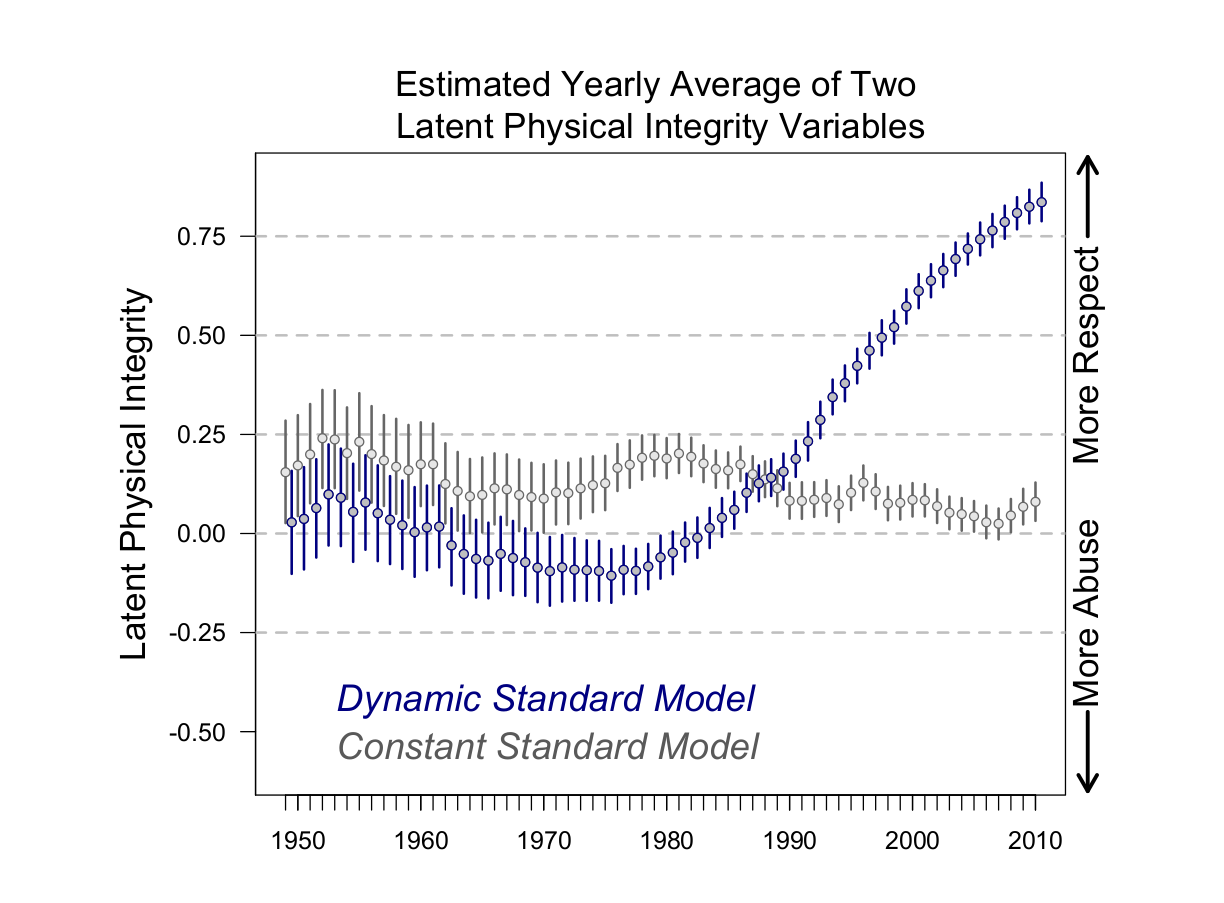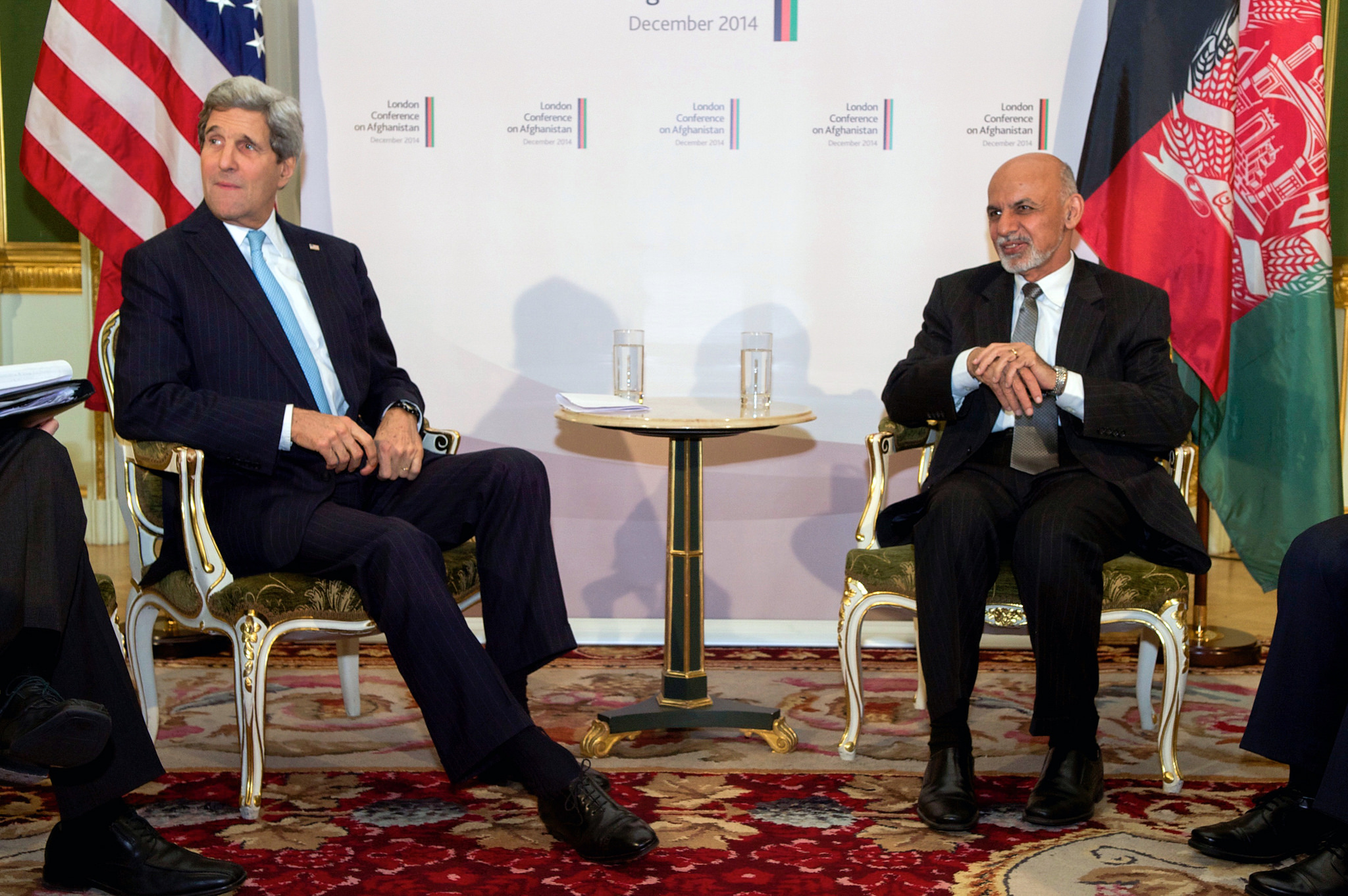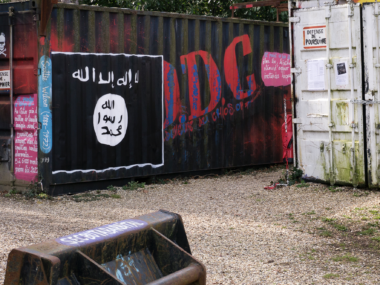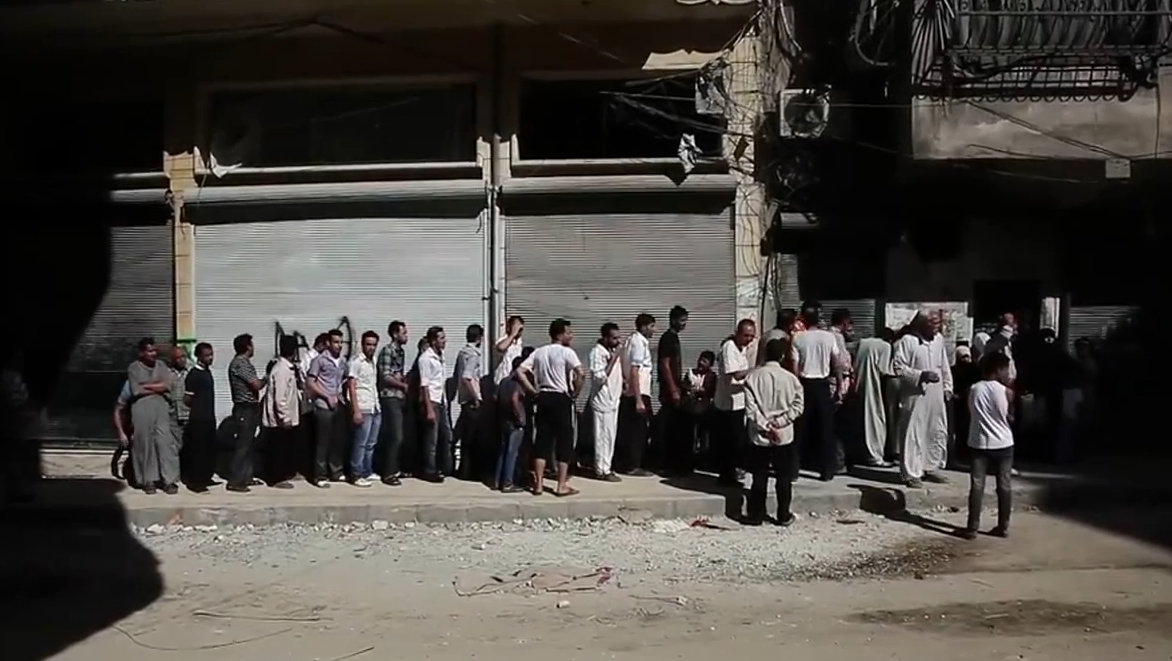Guest Post by Laura Sjoberg
It came as no surprise to me that women and girls who joined the Islamic State were talked about in the media, on the internet, and even by scholars and politicians in sexualized terms. Looking across history at women’s political violence, Caron Gentry and I found in Mothers, Monsters, Whores that women’s agency in their participation in political violence is often if not always minimized in media, political, and even scholarly coverage of their actions. Because the idea that a woman can choose to engage in political extremism, advocacy for violence, or even violence itself does not resonate with most people’s inherited ideas of femininity, we (consciously or not) tend to discount any possibility for choice when confronted with women behaving contrary to those expectations. We found several common recurring narratives across history about how (normally peaceful) women could be driven to violence. Stories about motherhood blamed women’s violence either on their inability to produce children or on their need for revenge against those who hurt their children. Stories about monstrosity implied that psychologically damaged women – femininity gone wild – are scarier and more dangerous than men can ever be. Stories about sexuality suggest that women who are sexually controlled by men can be driven by the dangers of female sexuality to become dangerous.
Many of the features of these stories of sexuality being to blame for women’s violence throughout history – from Jezebel to Lynndie England – can be seen in the stories of the Islamic State’s “jihadi brides.” Many accounts emphasize women’s loneliness, their desire for men, and the men who plot to seduce them with promises of love and affection. In these stories, the women and girls who join the Islamic State are not choosing the caliphate, revolution, or political violence – they are blinded by the need for love and affection, and under the control of the men who promise them those things. These stories allow their authors and their consumers to privilege an idealized image of women – perhaps as capable as men, but definitely without their flaws.
What surprised me was a media valorization of women engaging in anti-IS violence. Though engaged in extralegal violence like many of the women who have been panned, punished, or ignored throughout history, the women who fight IS have been praised and honored. Looking at media coverage of those women, it appears that the stigma on women’s political violence has finally been lifted.
Looking closer, however, shows in a different way what many other articles in this collection, and most research on gender and global politics, demonstrates: gender has a complicated and multidimensional influence on what happens in global politics, as well as how it is read, framed, and understood. In the case of female combatants generally, women’s participation might be related to women’s rights more broadly, and/or might be a mechanism to indicate a group’s superiority over its opponents. In the case of the women who fight with the Islamic State and the women who fight against it – the framing of their actions as outside of inherited gender expectations is common. What is not shared is how the transgression against gender stereotypes is treated normatively. For so-called “jihadi brides,” their unexpected behavior is disapproved of by the media and scholarly outlets that highlight their transgressions – so those women’s behavior is treated as not only dishonorable but in some way or another lacking full choice. For those “brave” women who combat the Islamic State, the outlets covering their behavior approve of the cause – so they treat those women’s transgressions of gender norms as important acts of desperation in the fight against an ultimate enemy. Those stories share the idea that women don’t commit political violence unless something is broken. What is treated as broken, though, depends on one’s position in the conflict vis-à-vis the politically violent woman.
Laura Sjoberg is associate professor at the University of Florida. She is a contributor to a forthcoming special issue in Conflict Management and Peace Science on gender and political violence. All of the articles in the special issue are now available on Online First and several are currently available to download for free.

